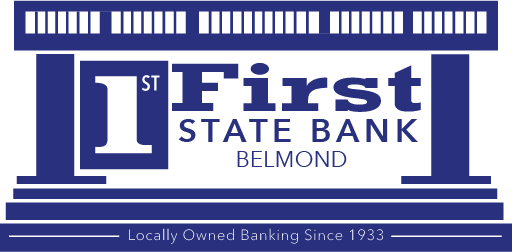IRAs
| Tax Year | Standard Limit | Catch-up (over 50) | Total Contribution (over 50) |
|---|---|---|---|
| 2023 | $6,500 | $1,000 | $7,500 |
| 2022 | $6,000 | $1,000 | $7,000 |
| 2021 | $6,000 | $1,000 | $7,000 |
ROTH
The Taxpayer Relief Act of 1997 created Roth IRAs which are nondeductible accounts that feature tax-free withdrawals for certain distribution reasons after a five-year holding period.
Not all individuals will qualify to contribute to a Roth IRA. In order to contribute to a Roth IRA, an individual must meet certain eligibility requirements. Regular, spousal, rollover, transfer, recharacterization, and conversion contributions can be made to a Roth IRA.
Traditional
In 1974, the Congress established traditional IRAs to encourage individuals to save money for their retirement. The benefits of investing in a traditional IRA include tax-deferred earnings and, for many people tax deductibility.
To make a traditional IRA contribution, an individual must meet certain age and compensation requirements. Individuals can make regular, spousal, simplified employee pension (SEP) plan, rollover, direct rollover, recharacterization, and transfer contributions to their traditional IRAs.
| Tax Year | Standard Limit | Catch-up (over 50) | Total Contribution (over 50) |
|---|---|---|---|
| 2023 | $15,500 | $3,500 | $19,000 |
| 2022 | $14,000 | $3,000 | $17,000 |
The Small Business Job Protection Act of 1996 created the Savings Incentive Match Plan for Employees of Small Employers (SIMPLE). The employer can adopt a SIMPLE as either a modified 401(k) plan or as a unique plan that uses special SIMPLE IRAs to accept contributions. A SIMPLE IRA plan is an employee salary deferral plan that requires a limited employer contribution. Although it is like a 401(k) in operation, it is easier because it does not require special discrimination testing or complicated reporting.
Simplified Employee Pension (SEP)
A simplified employee pension (SEP) plan is a business retirement plan that uses traditional individual retirement accounts (IRAs) as the investment vehicle. The employer contributes money to their employees’ traditional IRAs (sometimes called SEP IRAs). The employer gets a tax deduction, and the contribution is not taxable income to the employee until they take a distribution from the IRA.
The employer is responsible for ensuring that the plan is established and administered in a proper manner, in order for the plan to maintain its tax-deferred status.
